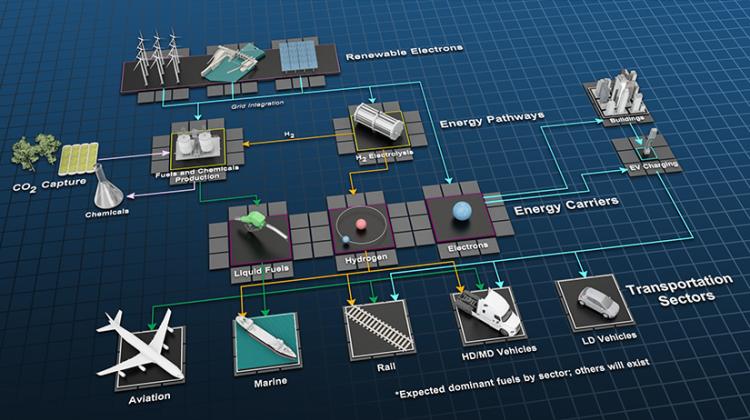To meet the U.S. 2050 net zero greenhouse gas emissions commitments a national shift in our energy production across power, mobility, industry, carbon sinks, and the built environment will need to be realized. How can planning scholars and practitioners - whose work intersects these critical sectors - work with policymakers to shape and actualize national-level decarbonization strategies?
A new article for the Journal of Planning Literature examines historic decarbonization efforts to provide context for the consequences of deep decarbonization for the future speed, scale, scope, role, and relevance of the field of planning.
The paper's authors include: DUSP's David Hsu and Chris Zegras; Rutgers's Clinton Andrews; Korea Advanced Institute of Science andTechnology's Albert Tan; Wayne State University's Carolyn Loh; and University of Louisiana's Anna Osland.
Read the full paper



